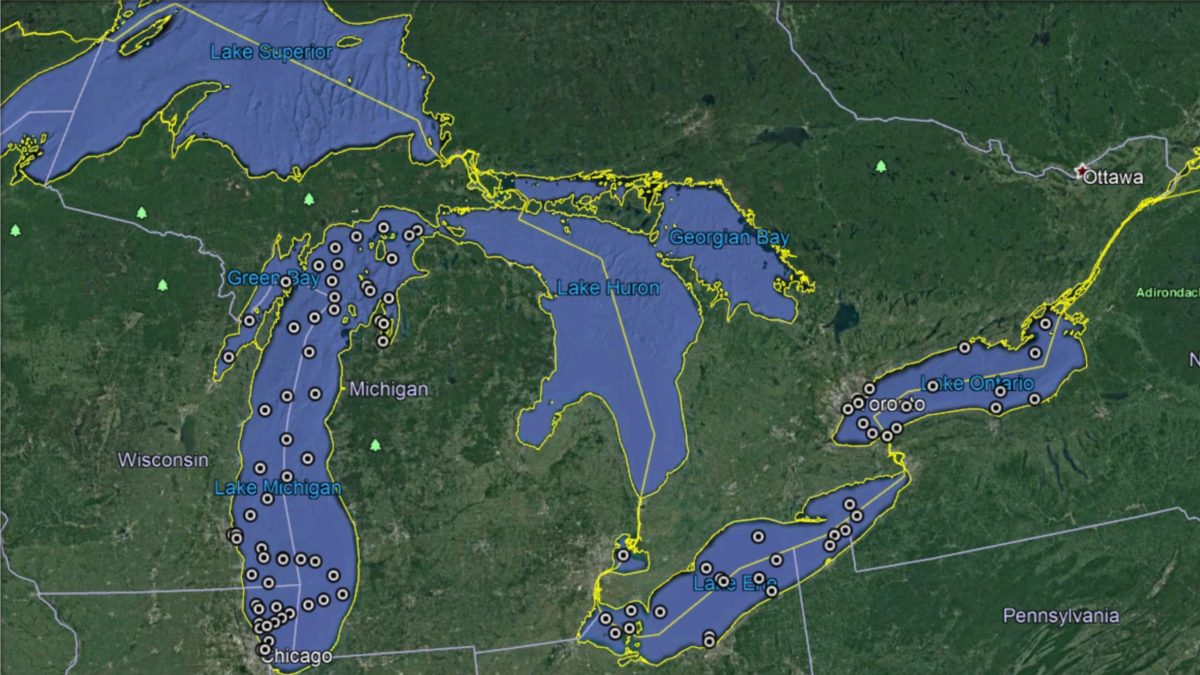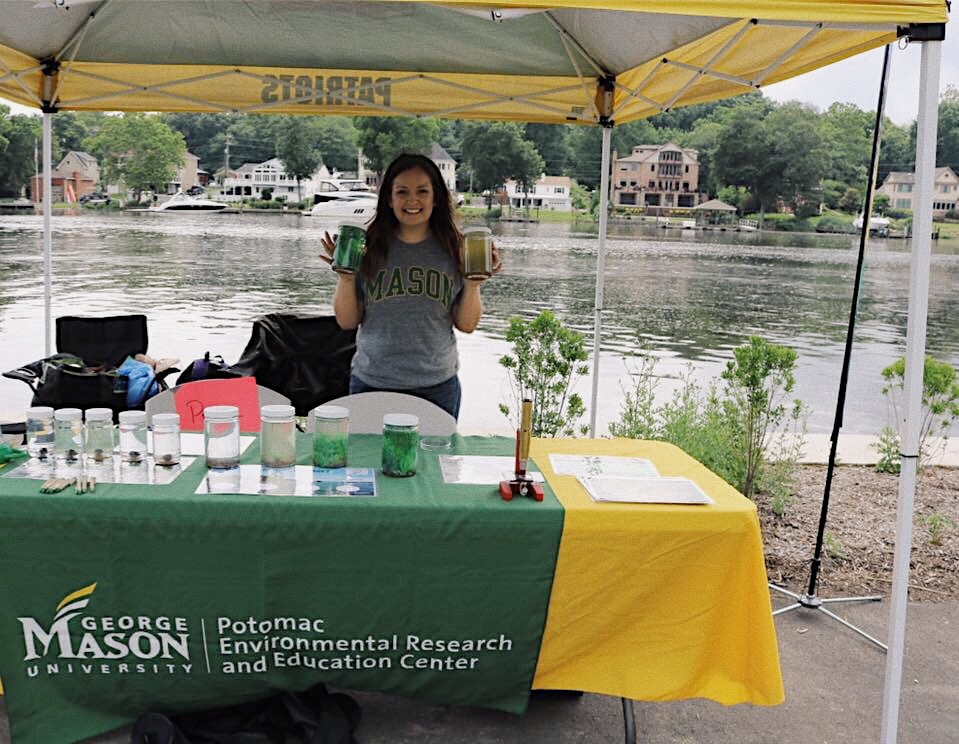Need a job? Looking for an internship for the summer? The Virginia Water Resources Research Center’s new Job Board at www.vwrrc.vt.edu/jobs/ could help you. View the list of current job announcements we’ve received or join our Water Jobs Google Group to receive emails with current job listings. The website also includes links to sites with career resources. The site provides information for those looking for work in Virginia as well as those looking for work beyond the Commonwealth’s border.
Join the Google Group here: https://groups.google.com/a/vt.edu/g/water-jobs-g









